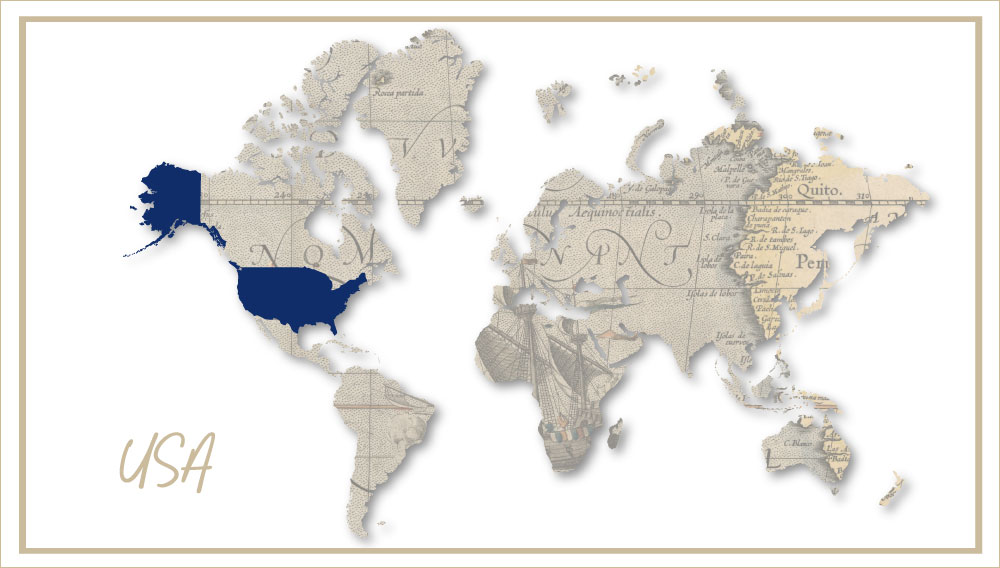USA | You would have thought that Corona Extra, the number one imported beer brand, with a near 5 percent share of the market, can do no wrong. But in 2018, after more than a decade of growth, the brand swung into decline.
USA | It looks like a nitro-stout but it will taste like a cola. Called Nitro Pepsi, the drink combines nitrogen infusion with the classic Pepsi taste to “deliver an entirely reimagined cola experience”, according to Pepsi’s PR.
USA | Taking localism to its logical conclusion, over 90 percent of ingredients in Black Button’s spirits are grown or produced in its home state of New York. Calling itself a farm distillery, Black Button was founded in Rochester, New York, in 2012 by Jason Barrett, then only 24 years old. Mr Barrett stems from a family of button-makers. Their buttons have closed suits worn by presidents, popes, kings, and businessmen the world over, he says on his website.
USA | ZX Ventures, AB-InBev’s venture capital firm, has acquired the remaining stake of beer ratings website RateBeer.com that it did not already own, Brewbound reported on 4 February 2019.
USA | Gluten-free beers may be still a niche but a rapidly expanding one, it seems. One of the largest US craft brewers, Sierra Nevada, on 4 February 2019, announced on Facebook the acquisition of its first brewery, Sufferfest, from San Francisco. Founded in 2016 by Caitlin Landesberg, a long-distance trail runner, who was looking for a healthier post-run beer, Sufferfest’s beers are meant to appeal to “athletes and adventurers”, but not just them.
USA | In case you missed out on Super Bowl this year, here’s the verdict: the commercial breaks were almost as bland as the sluggish on-field action, says marketingdive.com. The only reason the event (3 February 2019) will linger in viewers’ memories is a Bud Light commercial. It aimed a broadside against Miller Lite and Coors Light for using a corn-derived sugar or corn syrup called dextrose.
USA | Having recently turned 70, the founder and past president of the Brewers Association, Charlie Papazian, has officially retired from his duties.
Mexico | With a plebiscite on its brewery in Mexicali, Baja California, looming, Constellation Brands has slowed the construction of its USD 1.5 billion plant with a capacity of 10 million hl. It now hopes to finish construction work in 2021, which represents a delay of two years. Constellation originally planned to open it in December 2018.
USA | Could there be a correlation between declining beer sales in the US and the onward march of legal recreational cannabis? AB-InBev’s CEO Carlos Brito said that the company still does not have any data to prove that.
USA | The old enigma “women and beer” has been solved. Guess what, Marketing Men had got it wrong all along. Molly Hayes, AB-InBev’s global director of innovation/insights, discussed a year-long research effort to understand how the female audience views and acts in the beer sector, during a session at The Market Research Event (TMRE) 2018, held in October 2018.

